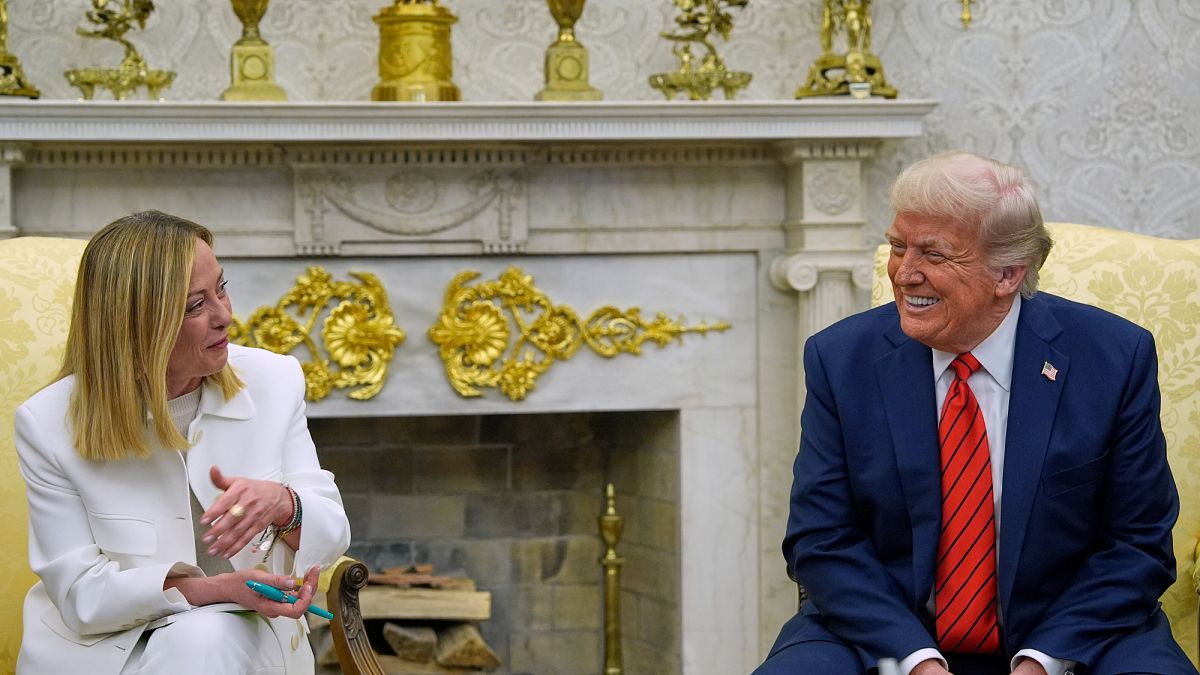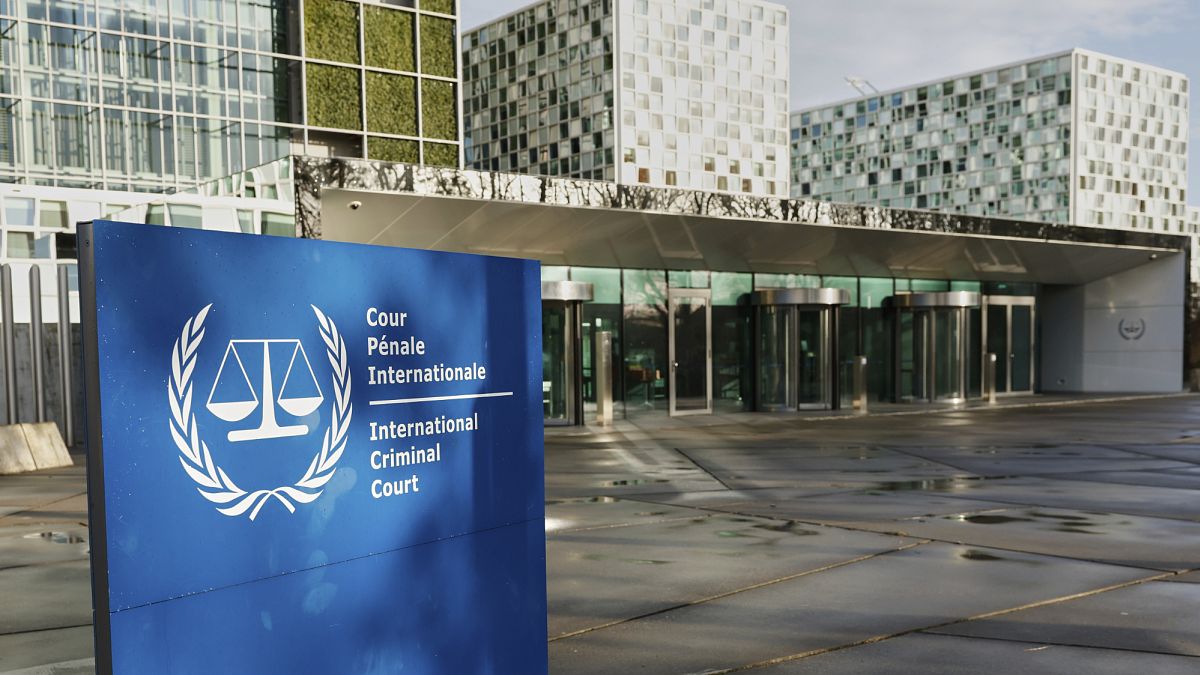The EU needs to cut more red tape to enable its travel and tourism sector to continue to grow, the president of the World Travel & Tourism Council (WTTC) told Euronews today as the sector revealed projections of 5% growth on it its annual contribution to EU GDP.
Figures from the WTTC, which represents the global private travel and tourism sector, suggested the sector will contribute nearly €1.9 trillion to the bloc’s GDP in 2025, accounting for 10.5% of the EU’s economy. In 2024, the sector’s contribution stood at €1.8 trillion.
"Our sector created 24.6 million jobs. So, 11.5% of all the jobs in Europe come from our sector, which shows you why it's so significant," said Julia Simpson, WTTC President and CEO said in an interview with Euronews.
She said that this follows the trend observed since 2019, the pre-pandemic baseline year, since when employment in the sector has grown by 11%.
Employment in the sector is expected to grow by 4% on last year to reach 25.7 million this year, according to WTTC projections, she said.
Simpson added that, despite concerns around inflation and shrinking purchasing power due to ongoing global trade tensions, the organisation remains confident in the sector's growth for next year.
"If you think of holiday bookings for this year, most people have booked their holidays and they’re committed to it,” she said, adding that it is too early to detect significant shifts in consumer spending patterns.
"At the minute, you know, all the British are still coming to Spain on holidays," she said.
Growing backlash against overtourism
The tourism sector in Spain is facing increasing backlash as locals complain of overtourism with protests demanding that authorities step up regulations before peak season sees destinations overwhelmed again.
Simpson said that governments in long-standing tourist hotspots need to establish better communication with local communities to ensure sustainable growth.
“We obviously want to really ensure that nobody feels like an extra in their own film, everybody feels in a community that they really get value from the visitors that are there,” she said.
She added that while sometimes that value is less tangible, other times, such as its contribution to the job market, are more visible.
To make the tourism effect more tangible for local people, Simpson stressed the importance of strong destination management. This includes clearly showing the benefits in terms of tax revenue, economic contribution, and job creation.
EU’s presence in global tourism
In this as well as in the competitiveness of the sector, WTTC’s chief highlighted the growing presence of Asian countries in the market and the need for Europe to adapt.
The appointment of Apostolos Tzitzikostas as European Commissioner for Sustainable Transport and Tourism signals, in Simpson’s view, the EU’s intention to prioritise sustainability in the sector.
She also welcomed the European Commission’s plans to boost competitiveness and streamline existing regulations, which she believes would support the industry.
“What happens in the EU is there's a lot of bureaucracy for businesses working in the EU. Some of that regulation has been very beneficial, but some of it we call red tape, and it means that Europe is not being allowed to grow as quickly as it can,” she said.
She added that “everybody else is becoming more competitive than we are” and Europe needs to create a level playing field so European companies can be competitive with the rest of the world.

 1 week ago
6
1 week ago
6






 We deliver critical software at unparalleled value and speed to help your business thrive
We deliver critical software at unparalleled value and speed to help your business thrive






 English (US) ·
English (US) ·